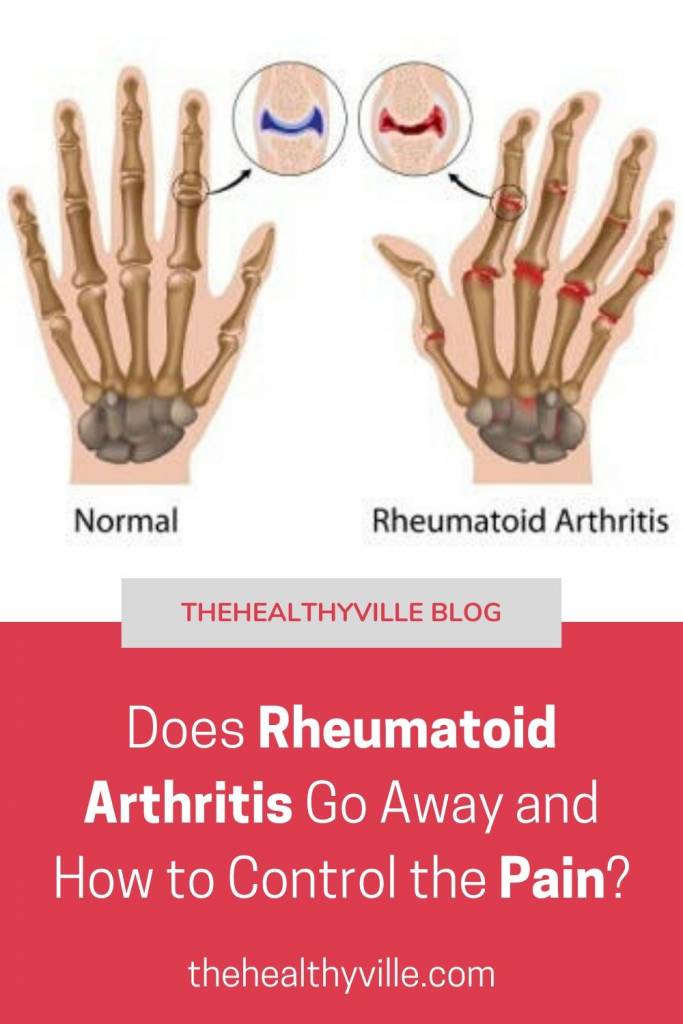Does rheumatoid arthritis go away? Can you control the symptoms and lower the pain? What can you actually do with this disease? Learn the answers!
It is essential to practice exercise regularly, whenever the disease allows us, to strengthen the muscles that surround the affected joints and avoid pain, as much as possible.
Rheumatoid arthritis (or rheumatoid) is a chronic, inflammatory disease of autoimmune origin. It manifests mainly in the joints producing pain, swelling and stiffness.
Its cause, like all autoimmune diseases, is unknown until now, although it is postulated that different factors must interact, such as:
- Gene predisposition (believed to be a polygenic disease, that is, several genes are involved)
- Infections
- Environmental factors such as smoking, stress, etc.
It is a disease three times more common in women than in men, possibly due to estrogens, and usually appears between the ages of 35 and 55, although it may appear earlier.
Other risk factors, apart from age and sex, are:
- Family background.
- Smoking.
- Environmental exposure.
- Obesity.
Symptoms
As we have said, it is an autoimmune disease, in which the immune system attacks the synovial lining of the joints.
Therefore, there is inflammation of the joints, specifically the synovial membrane, and the adjacent areas. In the first place, the smallest joints of the extremities, such as those of the fingers, wrists, etc., are usually affected.
As a consequence, it occurs:
- Swelling in the joint.
- Joint pain.
- Numbness.
- Warmth sensation.
The morning stiffness is very characteristic, which can limit movements and disappears as the day progresses.
The symptoms and evolution are highly variable, sometimes only suffering from these symptoms, but sometimes the disease progresses and can affect adjacent ligaments and tendons, causing deformities and may limit some daily activities.
Other non-articular symptoms may appear such as:
- Asthenia
- General discomfort
- Fever
- Fatigue
- Rheumatoid nodules, very characteristic and non-painful lumps that appear in the pressure zones and on the tendons.
As complications, we can say that rheumatoid arthritis increases the risk of osteoporosis, Sjogren’s symptom, carpal tunnel, infections, lymphoma, etc.
Does rheumatoid arthritis go away?
Early diagnosis and treatment are essential to help control the disease, minimize symptoms and, above all, prevent progression. When the first symptoms appear, it is crucial to go to the rheumatologist to analyze the case and prescribe the treatment to follow.
In fact, there are many pharmacological treatments and with different pharmacological bases. To name a few:
- Anti-inflammatory.
- Disease modifying drugs.
- Monoclonal antibodies.
However, we must remember that no drug cures the disease, all are aimed at treating the symptoms and preventing the progression of the disease. Therefore, the cause of the disease and possible treatments are constantly being investigated.
Apart from pharmacological treatment, experts and medical professionals such as the Arthritis Foundation advise putting in place some general measures that help limit the impact of arthritis:
- Sleep 8-10 hours a day in a position that does not compromise any joints.
- Diet and healthy lifestyle habits are essential.
- Avoid great efforts, especially with the hands
- Not standing for long periods of time and not doing repetitive joint exercises.
- You should exercise regularly and strengthen the muscles around the affected joints.
- A physical therapist can help us perform the most convenient exercises.
In addition, it is important to know that a patient with rheumatoid arthritis, who has a correct treatment, even natural treatment, and medical control and who takes into account these basic tips, can lead a practically normal life.
Don’t forget to SHARE the answer to the question does rheumatoid arthritis go away with your friends and family on your social networks!

